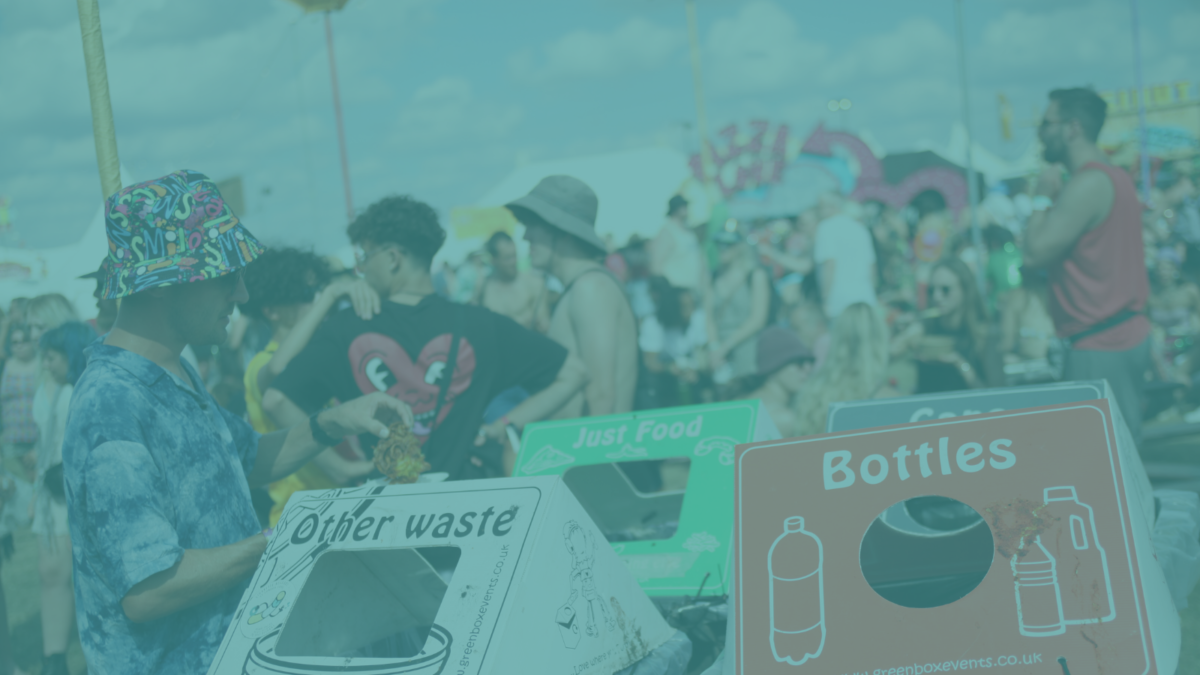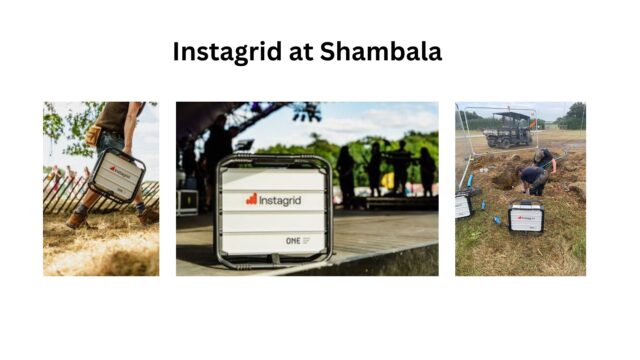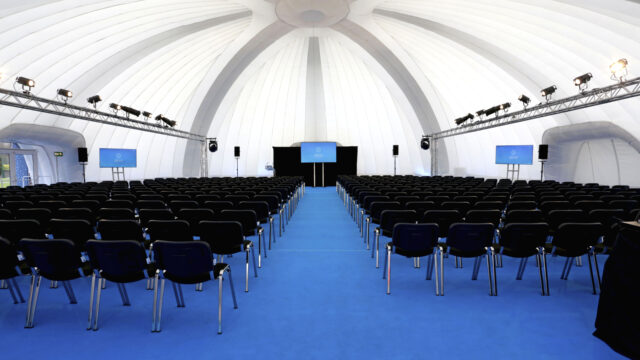Key Resources
Latest news
The Rise of Underwater Turbines: Tapping into Tidal Energy
Wind turbines have become a familiar sight in the modern renewable energy landscape. Now, a lesser-known but equally promising technology is making waves—underwater turbines.
Green Leader Q&A #49: Livvy Drake, Event Sustainability and Behaviour Change Consultant
Livvy Drake has worked across the event sector from catering and conferences to outdoor events and festivals. Following her environmental awakening witnessing a full
Powerful Thinking: Aluminium vs Copper: The Battle of Cable Core in Power Systems
This blog post from Tim Benson at Powerful Thinking explores the debate between aluminium and copper cables, focusing on their use in large-scale events

Featured supplier
4Wall Europe is part of a global video and lighting service provider with multiple locations across Europe and the US, supporting exhibitions, concerts, touring, conferences, theatre, TV, film and retail. Committed to sustainability, 4Wall Europe are working towards their sustainability goals via a series of accreditations, processes and systems to support their clients’ supply chains.
Latest case studies
The Sustainability Challenge: attend2IT’s Journey to Net Zero
attend2IT is committed to reaching net zero by 2030, but as an SME in event technology, the path is not straightforward. Delivering services to
Instagrid Reduce Impacts at Shambala Festival
Instagrid provided portable battery packs throughout the build, live festival and break of Shambala 2024 to reduce the event’s environmental impact. Instagrid ONE provided
Sustainable Event Summit held in Evolution Dome
We’re delighted to announce that Evolution Dome is supporting Vision for Sustainable Events’s Sustainable Event Summit 2024 as the venue sponsor. Evolution Dome provides











